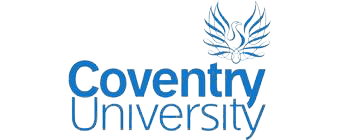Data is everywhere. As the volume and complexity of data collected continue to grow, there is increasing demand for expertise in data science to support the analysis and visualization of all this information.
- The MSc Data Science is a conversion course for graduates from a wide range of disciplines and backgrounds looking to pursue a career, or upskill, in this new and rapidly developing field. Data Scientists are in short supply and there is high demand for data science skills across sectors including business, government, healthcare, science, finance, and marketing.
- The aim of the MSc in Data Science is to support students with little previous experience of data analysis or computer programming and to help them to gain new skills such as working with databases; statistical thinking; programming in high-level languages; modeling; applying data science tools and packages; machine learning; information retrieval; data visualization and addressing the challenges of big data.














